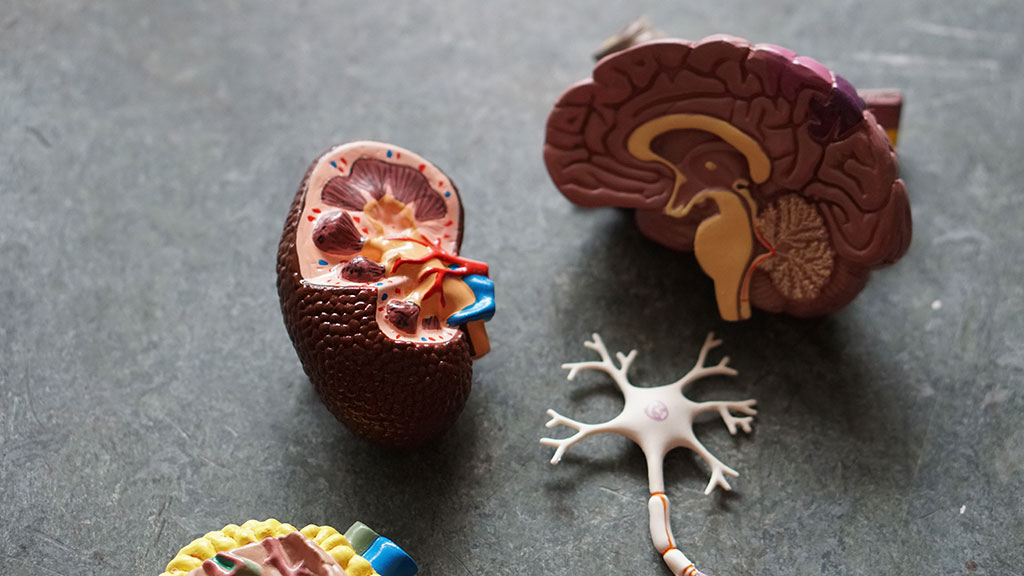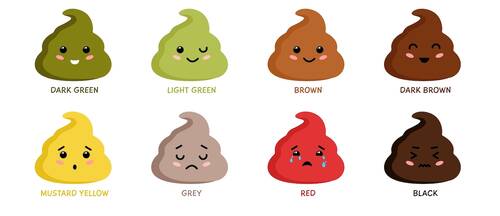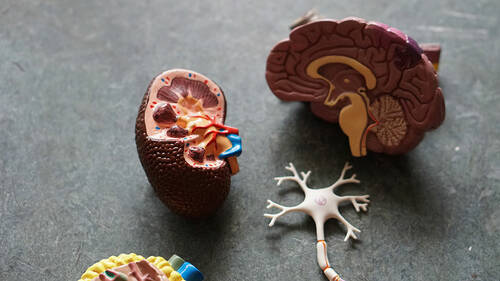1. Changes in Urination:
Noticeable changes in your urine, such as increased frequency, foamy urine, or difficulty urinating, can be early signs of kidney problems. Pay attention to any pain or discomfort during urination as well.
2. Blood in Urine:
The presence of blood in your urine, even in small amounts, can be a sign of kidney damage or infection. It can sometimes give your urine a pink, red, or brownish hue.
3. Swelling or Fluid Retention:
Kidney disease can lead to fluid buildup in the body, causing swelling in the ankles, legs, face, or hands. This swelling, known as edema, occurs when the kidneys cannot effectively remove excess fluid and sodium.
4. Fatigue and Weakness:
Kidneys produce erythropoietin, a hormone that stimulates the production of red blood cells. When kidney function is impaired, it can lead to anemia, resulting in fatigue, weakness, and pale skin.
5. Persistent Itching:
Kidney dysfunction can lead to a buildup of waste products and minerals in the blood, which can cause persistent itching, often severe and localized on the legs.
6. High Blood Pressure:
Kidneys play a vital role in regulating blood pressure. If they are not functioning correctly, blood pressure can rise, potentially leading to hypertension, a significant risk factor for kidney disease.
7. Nausea and Vomiting:
Kidney disease can lead to a buildup of waste products in the blood, which can cause nausea and vomiting, particularly in the morning or after meals.
If you experience any of these warning signs, it's essential to consult a healthcare professional promptly. Early detection and intervention can help slow the progression of kidney disease and prevent complications. Kidney disease is manageable, and with the right treatment and lifestyle changes, you can protect your kidney health and maintain overall well-being.












